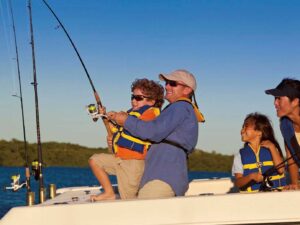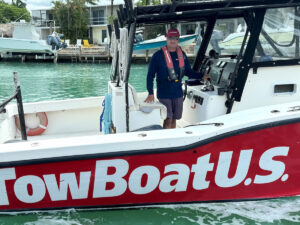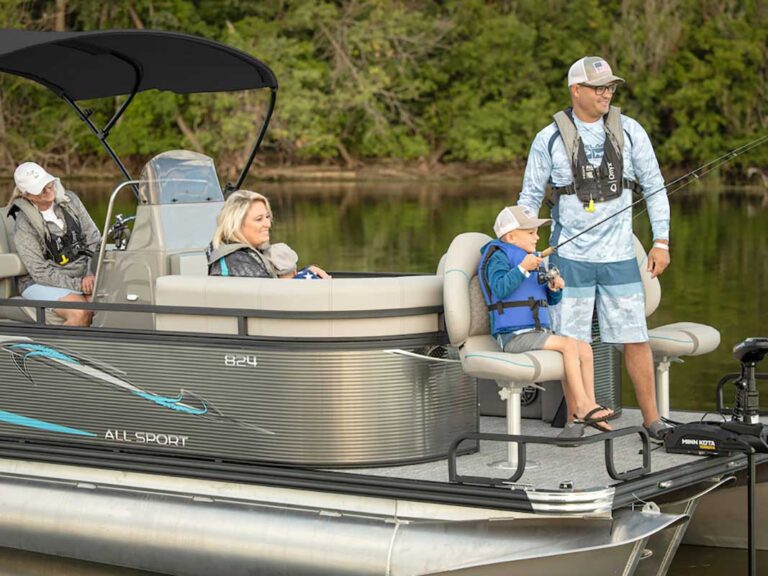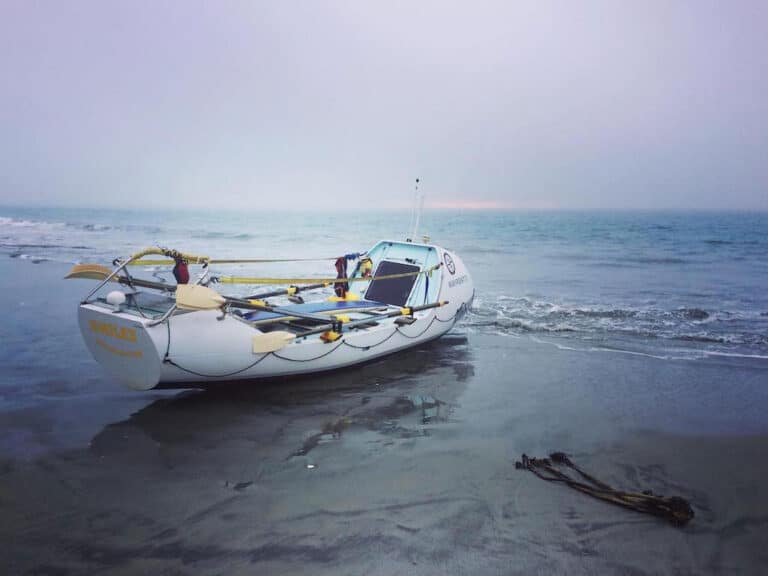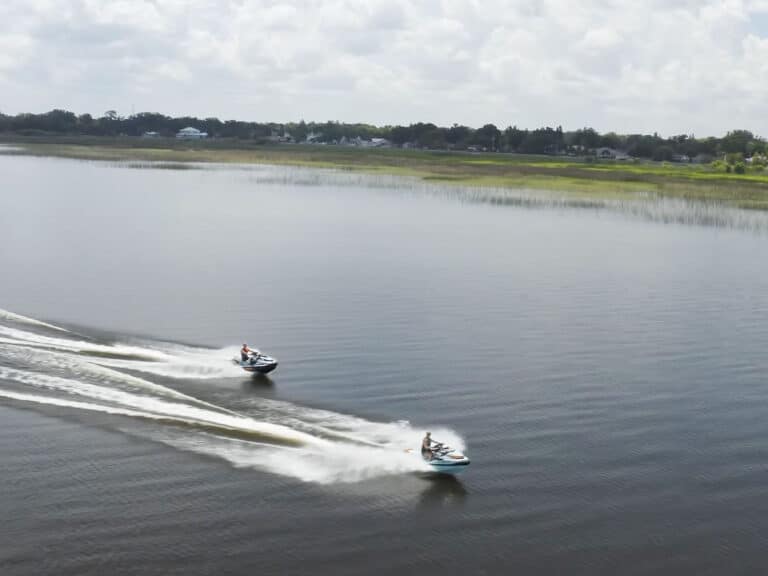
Many people joke about rocking or swaying the morning after a weekend on the boat. This “land sickness” is not imagined. It’s proof positive of the dramatic impact the marine environment can have on the human body – more specifically the body’s sensory perception system. On the water, the brain is confronted with conflicting information from the eyes, feet, and inner ear about the location of the horizon and the deck. So the brain works hard to adapt. But back on land, the brain has to re-adapt, which makes many people experience the temporary rocking or swaying sensation.
This type of unexpected impact also extends to the use of alcohol and drugs while boating, which can be more hazardous than on-land use. Sun, wind, noise, vibration, and motion are all considered “stressors” common to the boating environment. They intensify the effects of alcohol, drugs, and some medications by causing fatigue, which greatly reduces a boat operator’s coordination, judgment, and reaction time. Balance and vision are also affected at an accelerated rate. Last but not least, the use of alcohol makes the body more susceptible to the effects of cold water.
Such impairments increase the likelihood of accidents afloat – for both passengers and boat operators. U.S. Coast Guard data shows that in boating deaths involving alcohol use, more than half the victims capsized their boats and/or fell overboard.
It is illegal to operate a boat while under the influence of alcohol or drugs in every state. The U.S. Coast Guard also enforces a federal law that prohibits Boating Under the Influence (BUI). This law pertains to ALL boats (from canoes and rowboats to the largest ships) – and includes foreign vessels that operate in U.S. waters, as well as U.S. vessels on the high seas. Penalties may include fines, jail, impoundment of boats, and in some states the loss of boating and/or driving privileges.
Every boater should take the dangers of BUI seriously – and understanding that alcohol and drugs affect the body differently on the water is the first step. Alcohol or drug use is a factor in nearly 1 in 5 boating fatalities. No buzz or high is worth the extreme risks. The unexpected impact could be fatal.
Real Risks. Real Consequences.
Boating under the influence of alcohol or drugs could cost you…
- Someone else’s life
- Your own life
- Your driver’s license
- The time, expense, and shame of an arrest
- The cost of a fine
- The cost of boat repairs from an accident
- The cost of property damage from an accident
- The cost of medical treatment
Boat Operating Skills Adversely Affected by Alcohol or Drug Use
- Peripheral vision
- Night vision
- Inhibitions
- Ability to distinguish colors
- Cognitive abilities
- Judgment
- Balance
- Coordination
- Reaction time
The U.S. Coast Guard is asking all boat owners and operators to help reduce fatalities, injuries, property damage, and associated healthcare costs related to recreational boating accidents by taking personal responsibility for their own safety and the safety of their passengers. Essential steps include: wearing a life jacket at all times and requiring passengers to do the same; never boating under the influence (BUI); successfully completing a boating safety course; and getting a Vessel Safety Check (VSC) annually from local U.S. Coast Guard Auxiliary, United States Power Squadrons(r), or your state boating agency’s Vessel Examiners. The U.S. Coast Guard reminds all boaters to “Boat Responsibly!” For more tips on boating safety, visit www.uscgboating.org.

